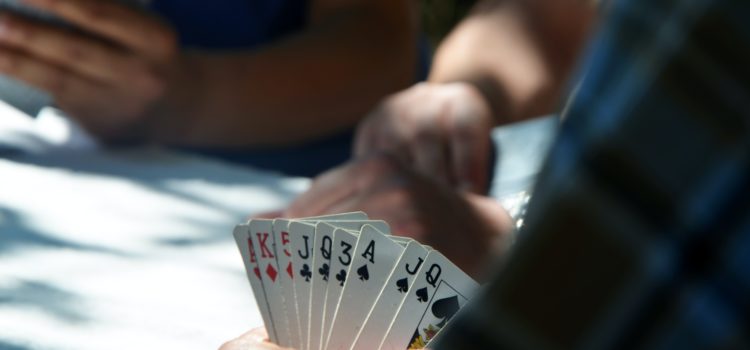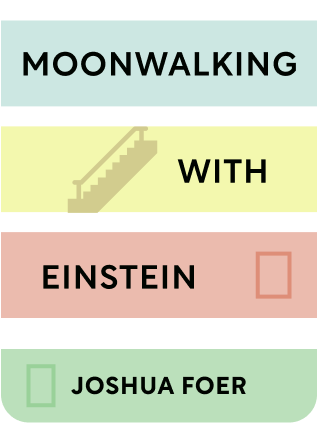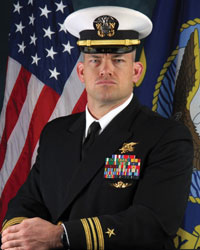

This article is an excerpt from the Shortform summary of "Moonwalking With Einstein" by Joshua Foer. Shortform has the world's best summaries of books you should be reading.
Like this article? Sign up for a free trial here .
Who is Ed Cooke, memory coach? What did he do, and how did he know Joshua Foer, the author of Moonwalking with Einstein?
Ed Cooke, memoy coach and grand master of memory, completed the tasks necessary to gain the grand master title. Ed Cooke also coached Joshua Foer and helped him become a US Memory Champion in 2006.
Keep reading to find out more about Ed Cooke and how he helped Foer win the 2006 Memory Championships.
Ed Cooke: Memory Techniques and Training
Ed Cooke, memory grand master, is a British mental athlete and a grand master of memory. (To be a grand master, you have to be able to memorize 1,000 random digits in less than an hour, the order of ten shuffled decks of cards in less than an hour, and the order of one deck in less than two minutes.)
Ed was the author’s memory technique coach. He finished in eleventh at the 2005 World Memory Championship after flubbing the speed card event. However, Ed Cooke’s memory training helped Moonwalking with Einstein author Joshua Foer win the US Memory Championships.
The 2006 US Memory Championships
After a year of working with Ed Cooke as his memory coach and learning about memory, Josh competed in the US Memory Championships. Foer used Ed Cooke’s memory techniques. The qualifying events include memorizing:
- As many names of people featured in headshots as possible in fifteen minutes (up to 198 names)
- As many random digits as possible in five minutes (up to 1,000 digits)
- The order of a deck of cards as fast as possible (at the time, the US record was 1 minute, 55)
- As many lines of a poem as possible in 15 minutes (up to 50 lines)
Ed Cooke’s memory training help Josh do very well in speed cards—he used an advanced version of the PAO system that allowed him to beat the US record and advance to the finals.
The finals were three elimination-style events that included memorizing a list of random words, facts about strangers, and the order of two decks of cards. Josh got lucky in the facts-about-strangers event—he didn’t get asked about anything he’d forgotten—and advanced to the final event, which was memorizing the order of two decks of cards. At this point, only he and the defending US champion were left. Josh’s strength was cards, which were his opponent’s weakness, and Josh won.
As the US champion, Josh went on to compete in the World Memory Championships, which are much more competitive than the US event, and he finished 13th. After reflecting on the past year, he decided not to continue with the sport and to keep using external memory aids like notes and a Dictaphone. The memory techniques absolutely work—Josh had personally used them to memorize a deck of cards in less than two minutes—but he found external memory aids more helpful. Ultimately, the most poignant thing Josh learned about memory is that it makes us who we are—every new thing we encounter is influenced by the web of associations already in our brains.
Ed Cooke, memory coach and famous mnemonist, has been engaged in the art and science of memory for many years, and is always working on new ways to remember. Ed Cooke’s memory training helped Joshua Foer win the US Memory Championship.

———End of Preview———
Like what you just read? Read the rest of the world's best summary of Joshua Foer's "Moonwalking With Einstein" at Shortform .
Here's what you'll find in our full Moonwalking With Einstein summary :
- The memory techniques that took the author from novice to US memory champion in one year
- The 6 key types of memory we use everyday
- Why memory isn't just genetic, and how you can improve your memory with the right techniques






